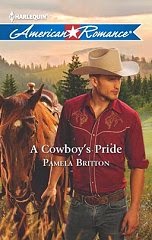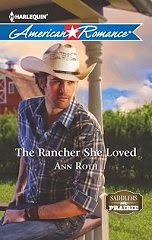Two events made me think about writing commercial fiction; first, our lunch group (comprised of seven published and unpublished authors) is going back to our roots as a critique group. Second, I’m presenting my workshop “Writing a Synopsis That Sells” in Austin on April 10. Both critiques and synopses are necessary only if you are trying to sell your writing project. If you are writing for the pleasure of the process, you don’t need either. (In my opinion, of course!)
Critiques can be a tricky thing. Whoever is critiquing your work, whether they are multi-published or non-published readers, gives you their opinion and brings their own experience and preferences. Hopefully, they will let you know if something is a personal preference rather than a universally held truth. For example, I don’t like romances where there are two possible love interests for the heroine. (This was quite popular years ago.) That doesn’t mean some very wonderful books can’t be written with this premise. I would always tell a person I was critiquing that, if their book contained two possible heroes, it wasn’t my personal favorite. However, in another example, if someone wrote an ending to a romance where one hero and one heroine didn’t have a happy ending, I would tell them this was not workable in commercial romance fiction. The happy ending is a rule in romance. It’s one of the reasons I absolutely love reading and writing romance novels.
A synopsis is often prefaced with “dreaded,” which I don’t understand because I love to write synopses! I sold my first two books – one a historical and the other a short contemporary – on a synopsis and three chapters. I always write a synopsis before I write the book because I must. I’m not a “pantser,” who writes “from the seat of their pants.” This is a perfectly legitimate method, but it’s not mine. So, my synopsis serves as an outline to the story, defines the characters, shows motivation, action and reaction, the black moment, and the resolution.
Here’s the “commercial” part – if you’re not trying to sell your work, you don’t need to put yourself through a critique or write a synopsis. You can create what you want in any format, style or length you want, without putting yourself through hoops. That’s the joy of writing non-commercial fiction. The only problem may come when you try to mix the two! If your heart is set on selling to Harlequin, for example, there are limits to content, length, sensuality, etc. for each line. On the other hand, if you write for the joy of the written word, then don’t feel you must ever fit the mold.
Writing can be a wonderful hobby or a wonderful career. Happy writing, whatever you choose to pursue.
Subscribe to:
Post Comments (Atom)





1 comment:
I wonder if you'd be willing to do an online workshop on writing a synopsis...?
Just curious, thank you!
Jessica
Post a Comment